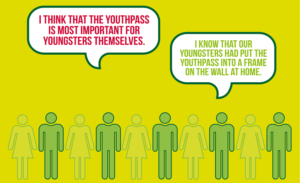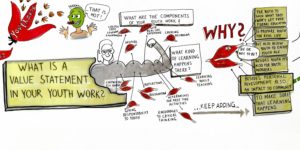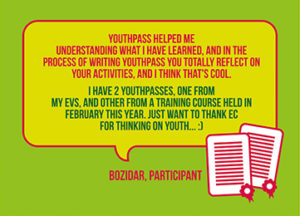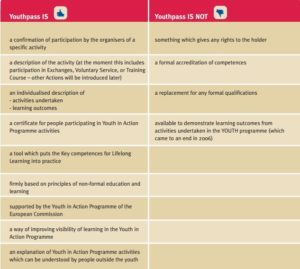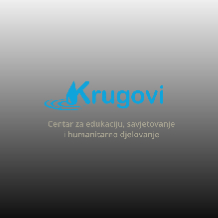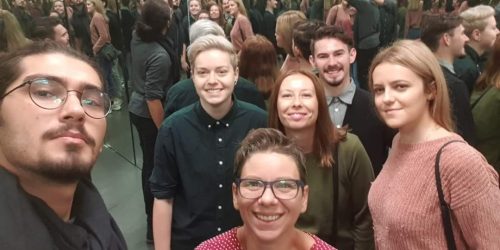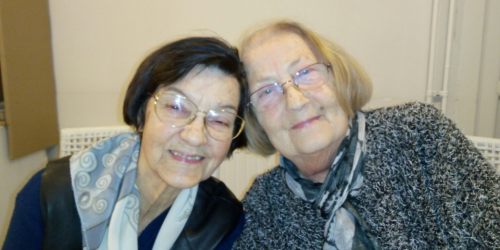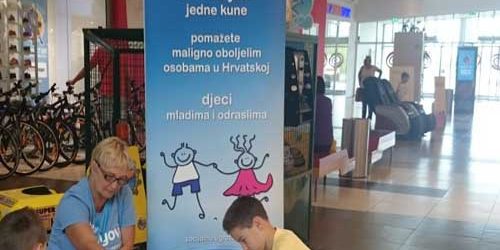Youthpass Certificate
What is Youthpass?
Youthpass is a tool to document and recognise learning outcomes from youth work activities. It is available for projects funded by Erasmus+: Youth in Action (2014-2020) and Youth in Action (2007-2013) programmes. It is a part of the European Commission’s strategy to foster the recognition of non-formal learning, putting policy into practice and practice into policy:
While creating their Youthpass certificate together with a support person, project participants are given the possibility to describe what they have done in their project and which competences they have acquired. Thus, Youthpass supports the reflection upon the personal non-formal learning process and outcomes.
As a Europe-wide recognition instrument for non-formal learning in the youth field, Youthpass strengthens the social recognition of youth work.
Youthpass supports active European citizenship of young people and of youth workers by describing the added value of their project.
Youthpass also aims at supporting the employability of young people and of youth workers by raising their awareness of and helping to describe their competences, and by documenting their acquisition of key competences on a certificate.
Why should participants choose to use Youthpass?
- They can describe what they have done and learned in a project
- They learn to find appropriate words to describe their competences
- They become better aware of the competences they have
- They become better aware about the different contexts and ways how people learn
- They can show and explain their competences better to others, for example in a job interview, at school or for further projects
- They can make further plans about what they would still like to learn and how
- They will have an official confirmation about their participation in a project
- They can show it off to their friends and family!
Who can use Youthpass?
Within the Erasmus+: Youth in Action programme, Youthpass certificates are currently available for the following activities:
- Youth Exchanges
- Training Courses
- European Voluntary Service
- Mobility of Youth Workers
- Structured Dialogue meetings
- Transnational Cooperation Activities (TCA) of the National Agencies
All participants of the projects approved within these frameworks are entitled to receive a Youthpass certificate, and thus recognition for their non-formal learning outcomes.
The responsibility to issue the Youthpass certificates to the participants/volunteers, in case they wish to receive them, lies with the organisation that signs the contract for the Erasmus+ grant.
Structure of the certificate
The Youthpass certificates are specific to the various types of non-formal learning projects within Erasmus+: Youth in Action, but the general structure of the certificate is the same. The Youthpass certificate is divided into three sections.
The first page confirms the participation in a given project and lists the main facts about the project. It also provides background information about the general context and value of the activity. It has to be signed by a legal representative of the organisation.
The second section informs about the project in more detail. The organisations in charge are mentioned, the aims, activities, and results of the project described. This part of the certificate has to be signed by the person responsible for the project.
In the third section, participants reflect upon their learning and the outcomes. They are encouraged to describe what they have learnt in the course of the project, adhering to the eight key competences for lifelong learning. If applicable, a dialogue partner is also invited to sign the third section. There is neither a limitation to how much the participants are allowed to write, nor do they have to include every single competence.
Key competences
A lot of things which you will learn are going to be very useful in your future private and professional life. The learning outcomes will have a strong impact on your personal and professional competences. Therefore, they should be recognised as such by your personal and professional environment according to the principle.
The Key Competences are:
Communication in the mother tongue
- The ability to express yourself depending on needs and circumstances
- Developing communication and presentation skills
Communication in foreign languages
- Learning and using foreign language in different life contexts
- New expressions in foreign language
- Learning new things about culture
- Being more confident learning new language
- Learning how to understand others
Mathematical literacy and competence in science and technology
- Logical thinking
- Managing budget (shopping, comparing prices, calculation in foreign language)
- Planning travel (counting distances, calculating time, prices for travelling)
- Awareness of relations of nature and technology (pollution, sustainable development)
- Solving problems
Digital competence
- Use of internet, e-mails, websites, effective searching for information
- Ability to find, use, share, create information
- Using of photo (camera), movies (camcorder), music, cutting and creating video…
- Involvement in different discussions, chats, blogs…
Learning to learn
- Learning about your learning style
- Attitude to learning
- Knowing possibilities for learning
- Effective learning
- Evaluate outcomes of your learning
Social and civic competence
- To be able to deal with conflicts in a constructive way
- Attitude towards others and other cultures
- Ability to communicate with others
- Knowledge of concepts, ideas on democracy, citizenship, civil rights
- Roles and responsibilities of institutions in our country
- Intercultural sensivity
- Ability to build confidence and empathy in others
Entrepreneurship
- Ability to turn ideas into actions
- Team work
- Responsibility and flexibity
- Project management
- Discover new talents and future development ideas for yourself
Cultural awareness and expression
- Learning about your own culture, tradition and cultural heritage
- Adapting to a new environment
- Participating in or organizing festivals, exhibitions, concerts…
Find out more on: Official page

